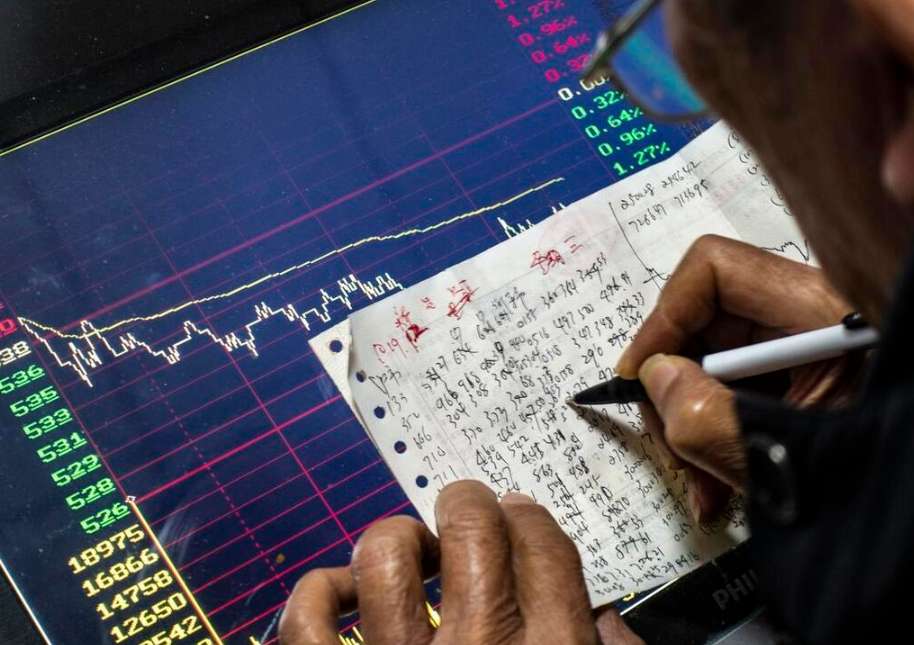In an era dominated by e-commerce, the expectations consumers have regarding logistics have been steadily escalating. With an unrelenting desire for speed and an impeccable service experience, businesses must evolve to meet these demands. Unilever, a global leader in consumer goods, has transitioned from traditional fulfillment models to direct-to-consumer (DTC) practices. As of late 2024, it has executed a remarkable leap in the logistics domain, introducing the Factory-to-Consumer (FTC) model. This new paradigm is set to redefine the e-commerce experience, heralding a new age of "zero-touch" logistics.
Since its launch four months ago in Unilever's Hefei Industrial Park, the FTC model has successfully processed over 1.5 million orders. This breakthrough is aligned with the rapid growth of China's digital e-commerce landscape and aims to fulfill the soaring consumer expectations regarding product freshness, delivery speed, and overall service quality. By establishing a system that allows products to be shipped directly from the factory to consumers without any intermediary points of contact, Unilever demonstrates a fusion of mass production capabilities and flexible e-commerce logistics in an innovative manner.
The essence of the FTC model lies in its business and logistics framework, which cuts through the traditional chain that usually involves multiple touchpoints, such as factory, warehouse, and consumer. By streamlining the process to allow for direct product delivery from manufacturing facilities to consumers, Unilever showcases its profound understanding of modern consumer behavior and operational efficiency.

According to Chen Ge, the President of Unilever Greater China, the successful implementation of the FTC model signifies an important stride towards enhancing productive capabilities. "This innovative solution boasts a remarkable 90% level of automation, marking a significant advancement in our intelligent supply chain management efforts. It not only boosts our operational efficiency but also enhances our core competitive edge, setting a precedent for the industry in logistics innovation," he remarked.
The transformation brought about by the FTC model is substantial. Notably, it optimizes every process along the pathway from factory to consumer using advanced digital technology. In dismantling the previously lengthy traditional supply chain, various aspects of logistics and inventory management have been comprehensively upgraded. This holistic approach elevates consumer satisfaction and enriches the overall purchasing experience.
On the operational front, the FTC model has doubled logistics efficiency, accomplishing "instant order fulfillment." This innovation has allowed Unilever to slash the time taken from production to delivery by two-thirds, ensuring that consumers receive products with significantly fresher production dates. Such improvement not only extends the useful life of products post-delivery but also enhances the perceived value of the shopping experience.
Additionally,FTC mitigates risks associated with product loss due to the reduction of intermediary stages. Post FTC implementation, Unilever reported that consumer complaints have plummeted to less than one in ten thousand, with total complaint volume across packages dropping by nearly 50% compared to earlier models. Furthermore, this logistics revolution has resulted in a 20% reduction in transportation costs. The integration of optimized routing and the use of reusable packaging fosters a commitment to green logistics, promoting overall sustainability within the sector.
The successful operation of Unilever's FTC model is fortified by cutting-edge hardware facilities paired with an efficient smart management system. The company has brought in nearly 120 robots covering five distinct functional areas at its Hefei facility. These robots guarantee precision execution from receiving shipments to sorting, packing, and loading for transportation. Coordinated through nine IT systems, these robots work in a highly synchronized manner, culminating in an automation level of 90% for the FTC project. For instance, with daily demands surpassing 20,000 orders involving over 500 varied product combinations, the smart management system facilitates real-time adjustments to the packing workflow, significantly bolstering fulfillment capabilities.
Moreover, a noteworthy innovation emerging from Unilever is the creation of the industry’s first generative AI management system, the "Wukong System." This system seamlessly integrates front-end consumer signal monitoring, back-end smart warehouse management, and performance service management, thereby enhancing daily operational workflows such as real-time order information capture and fulfillment planning.
"The FTC model marks yet another breakthrough in Unilever's journey towards lean and agile supply chain transformation," stated Yang Jibao, Vice President of Customer Operations for Unilever North Asia. He characterized this initiative as a significant milestone in accelerating the development of innovative supply chains, emphasizing that the FTC model will serve to "connect more regions" and inject robust momentum for Unilever's future business growth in China.
As consumer preferences continue to evolve, the emergence of the FTC model signifies a monumental shift in the e-commerce landscape. It raises the bar for logistics efficiency, product freshness, and customer satisfaction. Brands that adapt to such innovative practices stand to benefit from an increasingly loyal customer base while fostering commitment to sustainability in operational practices. Thus, Unilever's FTC model not only redefines the logistics norms but also sets a new benchmark for excellence within the consumer goods sector.